5 Important Things: September 2018
A thing I read: A Guide to the Good Life: The Ancient Art of Stoic Joy by William Irvine
I’ve been thinking, reading, and learning about Stoicism for a couple years now (and making valiant attempts to apply it) and the deeper I delve, the more appeal it holds for me. Outside of the actual Stoicism texts, this is the most robust book I’ve encountered on the topic. It leads the reader from the history and origins to modern practical application, with several meaningful philosophical stops in between. In all my imperfection, I find it selfishly comforting to read the private musings of a Roman emperor like Marcus Aurelius and find him grappling with the same base human struggles of mind, body, and spirit that I contend with a couple millennia later.
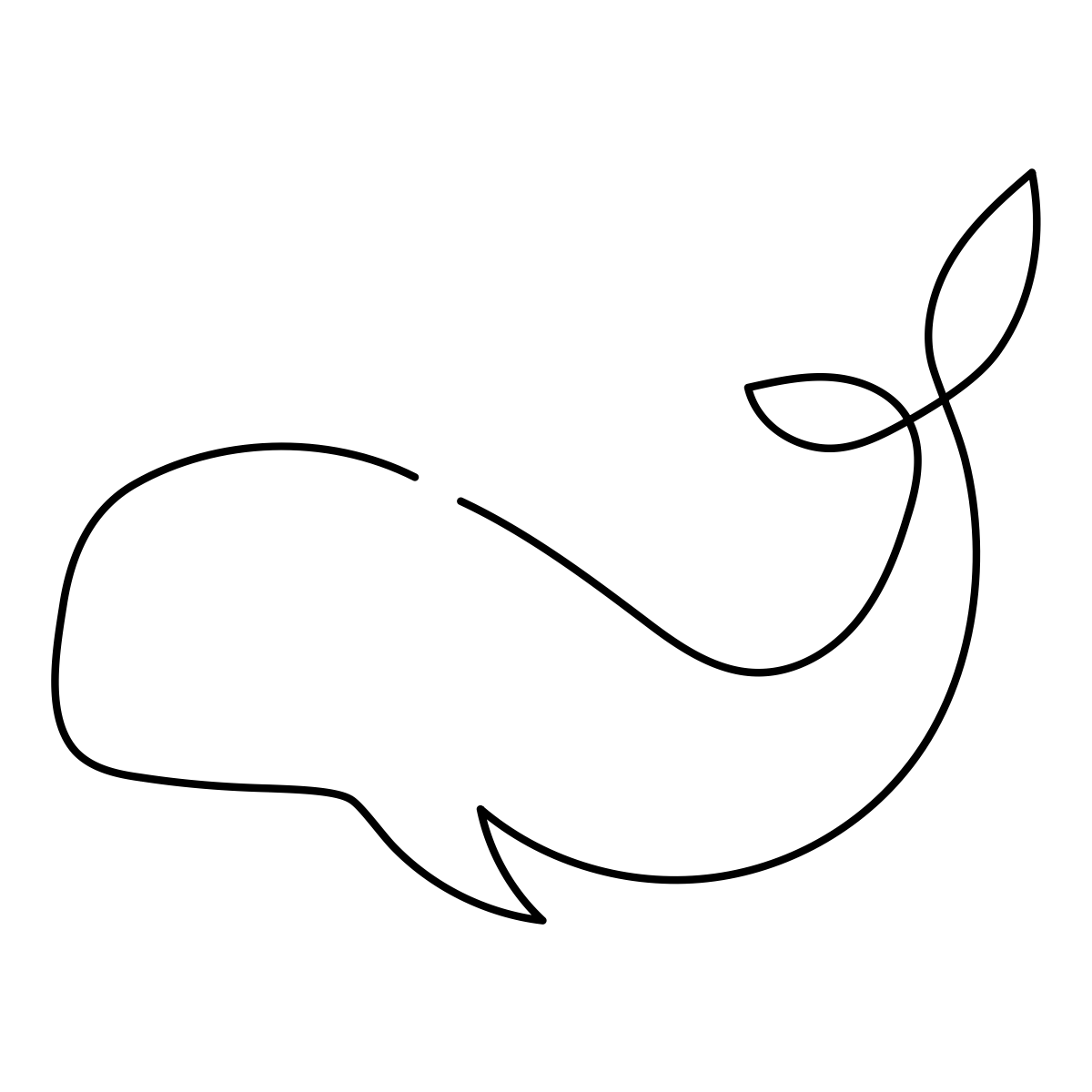
A close runner-up this month was The Lost City of Z by David Grann. I’m a big fan of Grann’s style, and if there was ever a book to give you the urge to cast off lines and strike out for the Amazon, this is it.
A thing I did to be a better human: Tracked (and reduced) my on-screen phone time and pick-ups per day
To be perfectly honest, this started out as an exercise in self-congratulation. (It would seem my Stoicism studies aren’t taking hold.) I read an article about the average time most people spend on their smart phones and immediately thought, “Pish-posh, I’m not even close to those numbers.” (My internal voice is very fancy.) But seriously, I’ve never been one of those people who gets heart palpitations if I accidentally leave my phone at home, and I already practice fairly adequate phone hygiene:
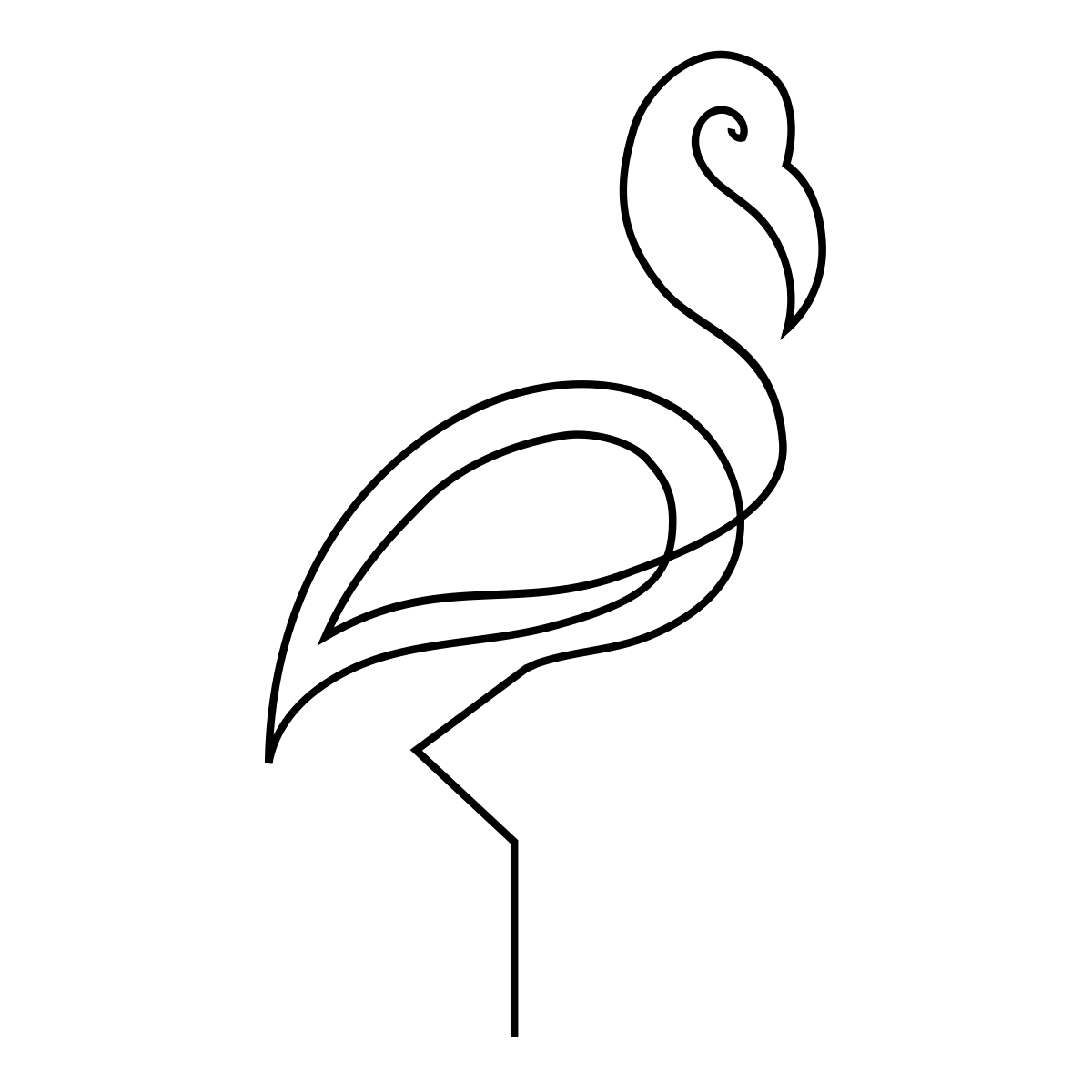
- My phone is always on silent unless I’m expecting an important message or phone call. (This happens about three times a year, so I’m obviously not very important.)
- Notifications are off for all my applications except text messaging, which means I don’t get screen pop-ups or those seductive little red boxes enticing me to click on an app.
- All my apps are consolidated to one well-organized screen, and I regularly assess whether I’m using everything I have downloaded. If not, out it goes.
- The only social media app I have is Instagram, and I am not a social media fiend in general.
To pat myself on the back for being such an excellent Steward of the Smartphone, I downloaded the Moment app and prepared to bask in my superiority. You can probably see where this is going. It didn’t take long to find out I was averaging well over two hours per day on my phone. Two hours! I was incredulous. Fortunately, the app also breaks out the time allocation by app. To be a little fair to my formerly arrogant self, a good chunk of my phone time was spent on Google Maps as I was still getting my sea legs in a new city. That’s my last (and only) excuse.
Outside of serving as a navigational crutch, my phone also pulled back the curtain on my habits. Initially, it was less about change and more about awareness. For the next several days, I simply observed my own behavior. When did I find myself reaching for my phone? Did it arise from necessity or mindlessness? What was my state of mind? What was I actually doing with all this time on a device?
According to Moment, the second and third largest chunks of time were going to Safari and Wunderlist. (Hi, I’m Natasha, and I make lists for fun.) This data, along with my own self-examination, revealed two things:
Lesson 1
Lesson 2
There’s no such thing as “reading just this one article,” which is what I always tell myself when I open an intellectually enticing email. I keep my subscriptions whittled down to a handful, which means my inbox is clutter-free - but it also means that every email I receive is generally one of deep interest. (Zen Habits, Brain Pickings, and Better Humans are my favorite rabbit holes. Clickbait of the highest order.)
Under the pressure of stress or discomfort, I organize. I make task lists, travel lists, book lists, habit lists, and lists of lists (we’ll pretend that’s a joke). On the surface, this doesn’t seem like such a terrible habit to have, and it has certainly served me well in a sense. But sometimes it leads me to linger over the anticipatory head rush of dreaming instead of plunging into the buckle-in business of doing.
Here’s the thing. Making a list, reading an email, heck, even indulging in some mindless Instagram scrolling – these are not inherently “bad” ways to spend a few stray minutes. It’s the accumulation of those bits and bobs of time spent in mindlessness that can add up to the catastrophe of a life ill-spent. Emerson captured this beautifully when he said:
"No one suspects the days to be gods."
Age ushers in an undercurrent of ever-present awareness that our time is limited. Whether we channel that cognizance in a meaningful way is up to us. Here’s to adorning every moment with intention.
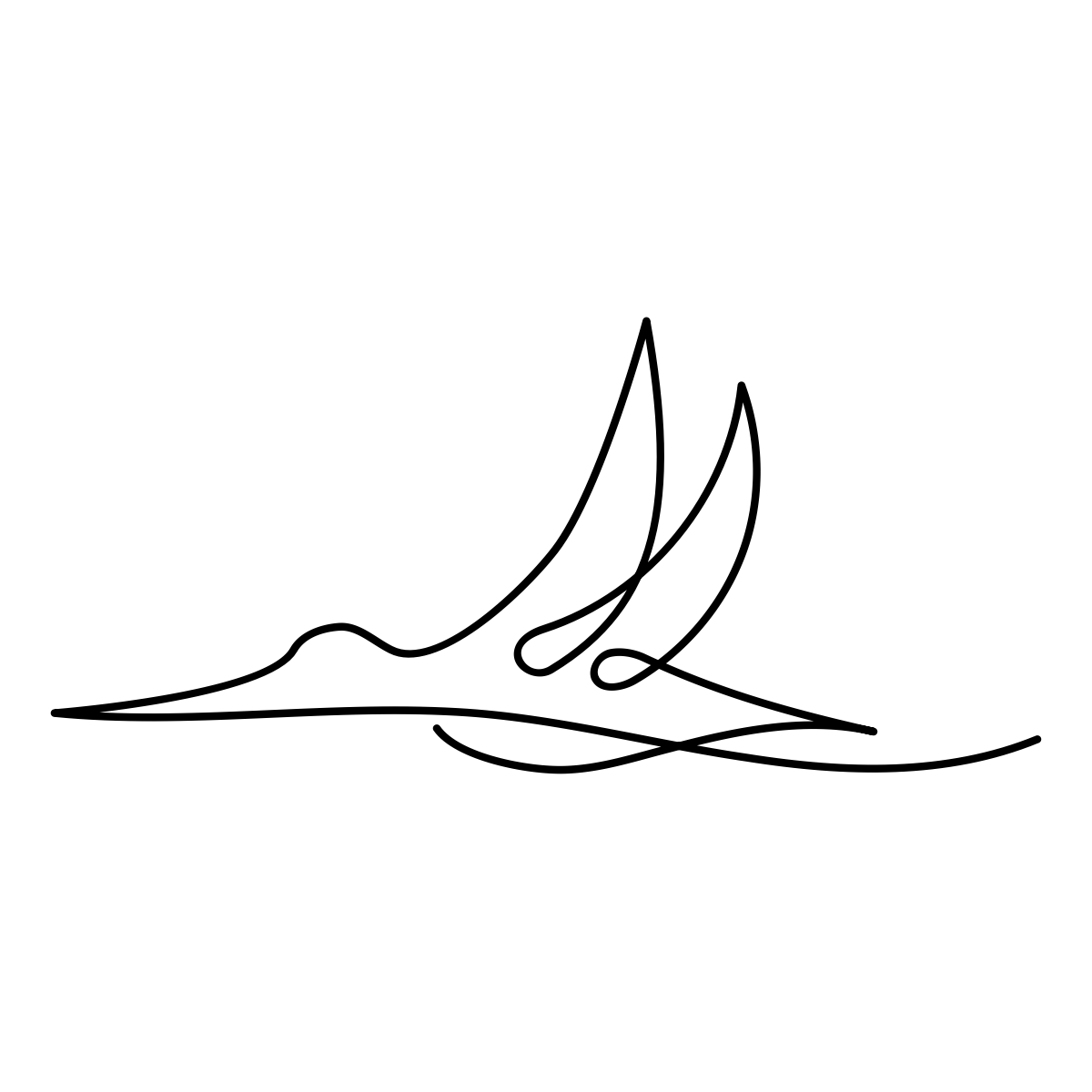



A thing I learned: Awareness first.
Outside of shining a light on my own oddities, the practice of constant, gentle awareness also reinforced this simple heuristic for shifting behavior:
Awareness 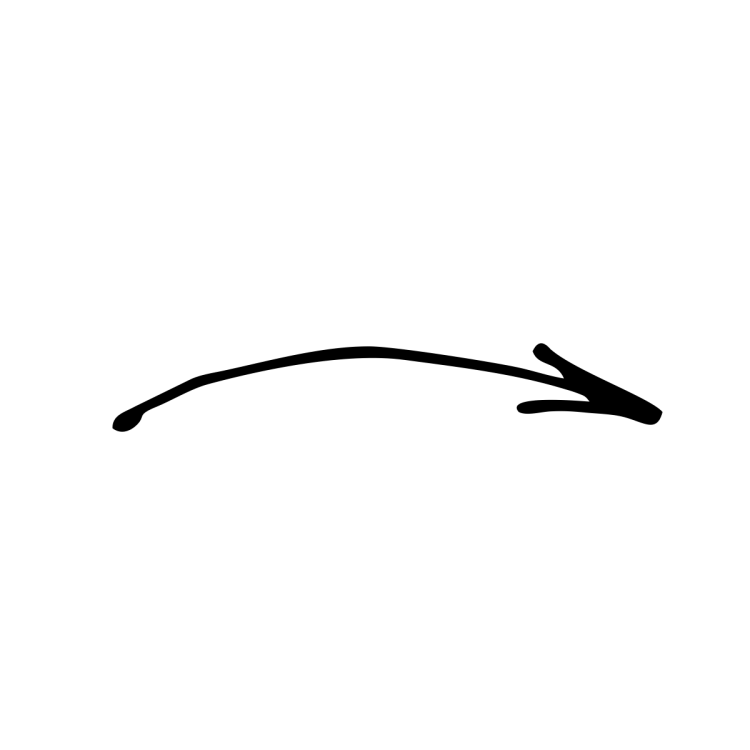
Thought
Change
It seems like a simple process: identify a problem, implement a solution. However, in our proclivity to immediately solve for X, we often skip the valuable step of true sight – of reflection – that reveals something deeper at work. Awareness is the foundation upon which sustainable change ultimately rests. One of my favorite modern thinkers, Colin Wright, shared this in a recent essay on what he terms "espistemic humility."

"Growth, then, is predicated not just on expanding our intellectual horizons, but in coming to realize how concise our previous horizons were. From there, we can tap into that recognition to help us make reasoned guesses about what we don't yet understand. We can be humble about what we know, and take our own ignorance into consideration as we strive to learn more about the world and ourselves."

A thing for me to ponder: Where is the elusive balance between routinizing for success and honoring intuition?
I’m a wholehearted believer in the power of habit, and I tend to agree with W.H. Auden, who purports that, “Routine in an intelligent man is a sign of ambition.” This lens also jives beautifully with my penchant for organizing things. Over the last several years, I’ve created a series of evaluative processes, habit trackers, goal-setting resources, and comprehensive life plans that serve as scaffolding for my values and long-term goals.
At the same time, my inner knowingness occasionally gives me a whispery nudge that could overrule the dictatorial framework of a strict regimen – if I allow it. I’ve witnessed enough magic to believe that those elusive sparks mean something, and the more attention we give them, the less slippery they become.
Elizabeth Gilbert, in her infinite wisdom, sums it up delightfully in Big Magic:
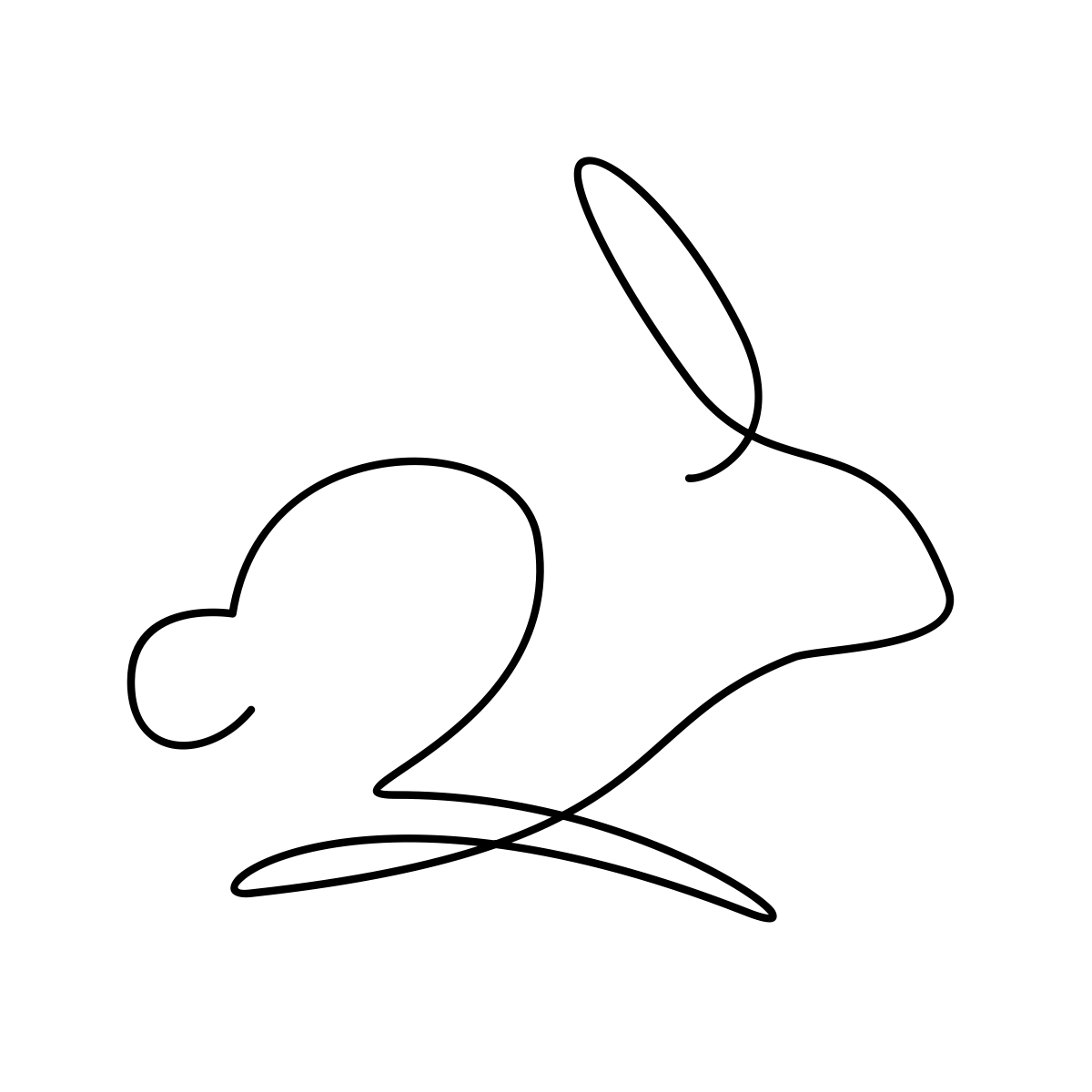
Only when we are at our most playful can divinity finally get serious with us. Make space for all these paradoxes to be equally true inside your soul, and I promise—you can make anything.
On a handful of occasions, I've abandoned my schedule to see what dastardly chaos ensues when the chains of obligation, either self- or other-imposed, are loosed. Some things are quick to drop – regular meditation, intermittent fasting, vacuuming. (If you agree to do the vacuuming, I’ll marry you right now.) Others are existential mainstays, like reading, putting thoughts on paper (I hesitate to call it “writing”), being in nature.
Perhaps the answer is in allowing a degree of seasonality and embracing some periods of rigorous, by-the-letter routine counterbalanced with stretches of languid, intuitive allowance. As I was writing this, I decided to sift through my compendium of quotes to see what the sages have to say about this conundrum. I think Goethe says it best: “As soon as you trust yourself, you will know how to live.”
A thing to ask my Board of Advisors: What is one quality you would most like to change about yourself? Do you focus on acceptance, or do you actively work to change it? Why have you chosen that approach?
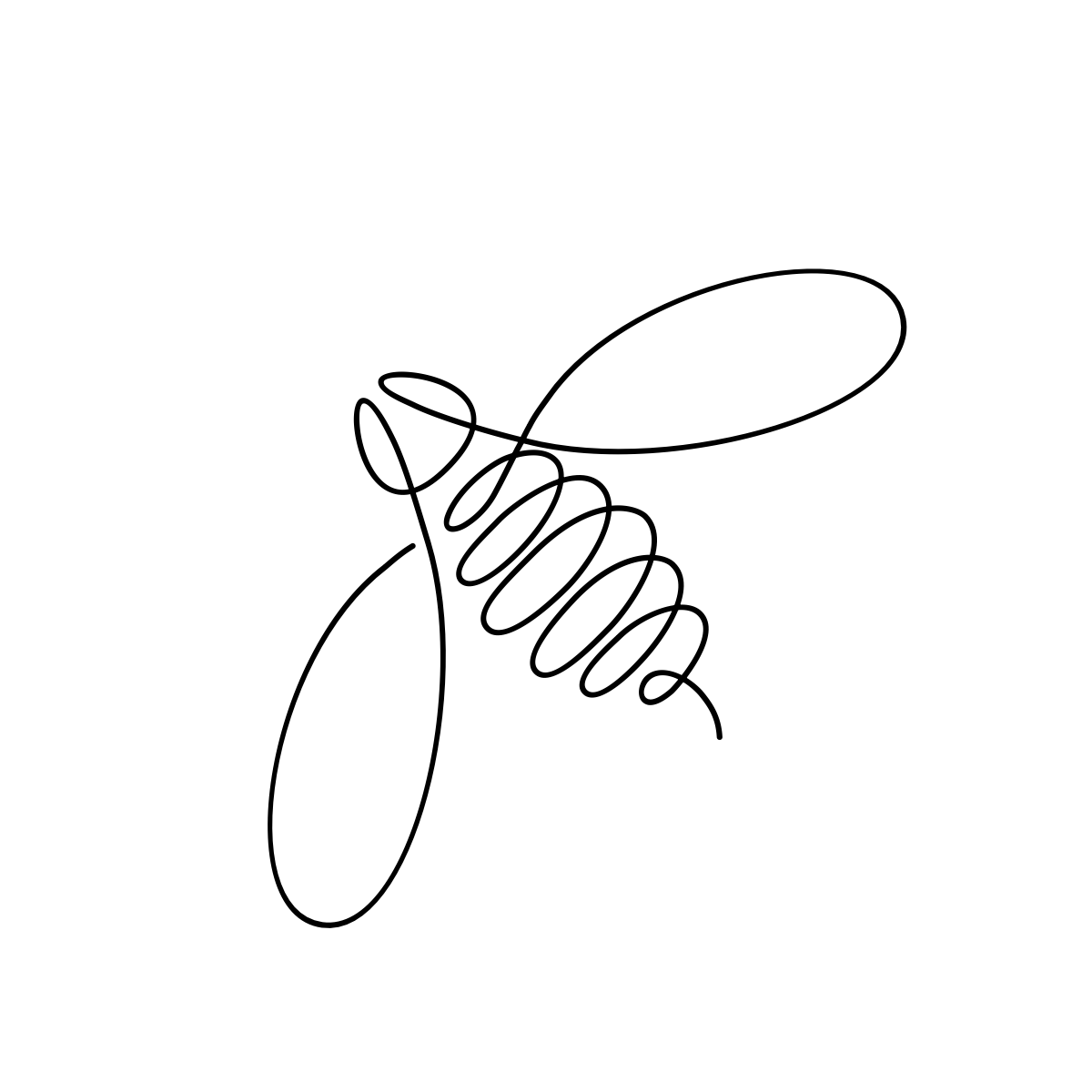
Where we had thought to travel outwards
we shall come to the center of our own existence.
And where we had thought to be alone
we shall be with all the world.
Joseph Campbell

